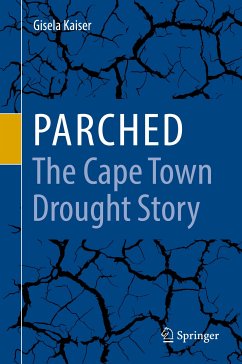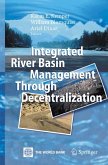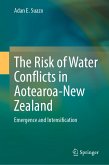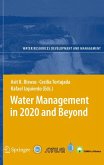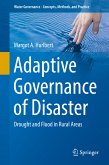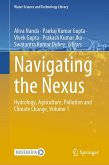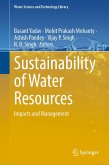Regions reliant on water supply from rainfed dams have always been vulnerable to the impact of drought. This is exacerbated by the uncertainty of future rainfall, which is never guaranteed, and reliance is placed on modelling using historic data. While weather has always been variable, climate has been generally reliable. With anthropogenic activity causing changes in climate, the validity of modelling based on history is currently not fully trusted. Unless the storage capacity is sufficient to carry through numerous seasons of poor rainfall, even with water restrictions to match demand and supply in times of depleted rainfall, the risk of reservoirs running dry remains a threat.
Dieser Download kann aus rechtlichen Gründen nur mit Rechnungsadresse in A, B, BG, CY, CZ, D, DK, EW, E, FIN, F, GR, HR, H, IRL, I, LT, L, LR, M, NL, PL, P, R, S, SLO, SK ausgeliefert werden.

